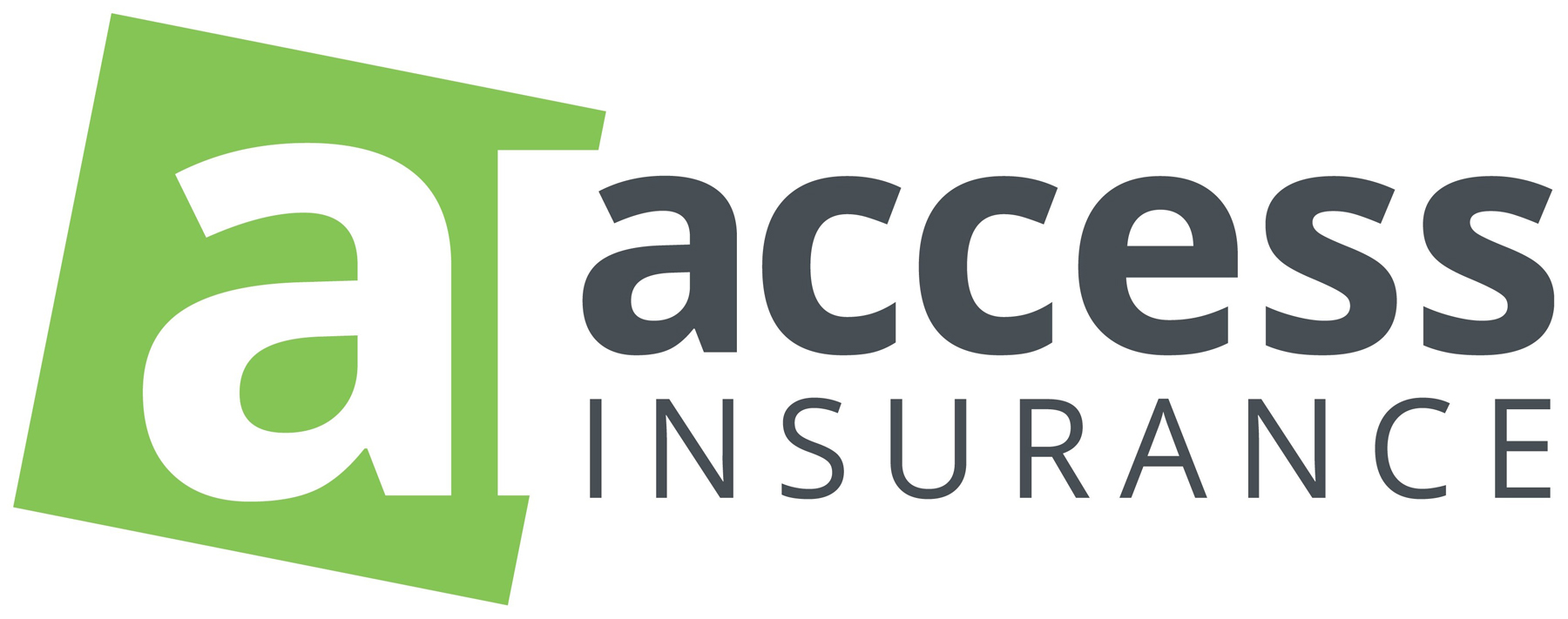Our experience with a section 114: Nottingham CVS's story
November 8, 2024
.png)
Local infrastructure organisations are leaders and advocates in the voluntary sector, particularly in times of crisis. When local government financial difficulties begin to affect the voluntary sector, NAVCA members play an important role in supporting smaller charities and community groups. As part of our section 114 project with Lloyds Bank Foundation for England and Wales, we spoke to Jules Sebelin, CEO of NAVCA member Nottingham CVS, about the role of local infrastructure, and what the future looks like for Nottingham as they navigate a section 114 notice.
What was your response when the local council budget cuts began, and how did you support the voluntary sector through this?
“As Nottingham has been experiencing financial difficulties for a number of years, Nottingham CVS (NCVS) opened a dialogue to come up with joint solutions to the council’s issues. We brought together those most impacted by the cuts to start creating positive solutions for better working between the VCSE sector, the local authority, and other statutory partners. For example, we co-created a Framework for Collaboration to invite public sector partners to have a more mature relationship with the VCSE sector.”
What was your response as the local infrastructure organisation when a section 114 was declared by the council?
“We were secretly relieved that it finally happened as it had been ‘threatened’ for two years, during which time there had been very little positive interaction between the voluntary sector and the council. On behalf of the sector, we made enquiries about how existing agreements (funding, contracts) would be treated, and we were assured that nothing would end prematurely. We also gathered evidence from the sector to use in council budget consultations – in the end, 100% of grants were cut, totalling £1.2 million.”
How did you work with the city council and other statutory partners during this time?
“We offered our help with no strings attached, to start helping them to think differently about working with the sector. We also put together proposals, including one around community asset transfer to save library buildings under threat. We helped the council think about new and innovative ways of working.”
How did you continue to work with VCSE organisations and communities?
“As well as the Framework for Collaboration and the proposals around community assets, we informed groups through our networks and channels, to make sure people were aware of what was happening in Nottingham. We started a dialogue, focusing on providing solutions.”
What have been some key successes since the section 114 was issued?
“We recently convened a Collaborative Commissioning event with Nottingham City Council (NCC) Adult and Children Commissioners, where the Interim Head of Commissioning pledged to use the Framework for Collaboration as their guiding light in service design and review. Over 60 VCSE organisations contributed to a discussion on outcomes-based commissioning. NCC invited interested parties to take part in further development sessions. There was a commitment from NCC to create new opportunities for VCSE organisations to deliver services over the next 12 to 18 months.”
What advice would you give VCSE organisations and LIOs in areas where the council is in financial difficulty?
“Offer help, but don’t expect too much back - remember that the local council didn’t get to this point overnight, and there aren’t always easy fixes to problems. Recognise the council’s own power dynamic between officers and elected members, and how that may or may not be changing – this is particularly applicable to other local infrastructure organisations. Find allies and build relationships, and encourage the council to be honest and upfront with the sector.”
What does the future look like now for Nottingham CVS and the local VCSE sector?
“NCVS is being seen as a valuable partner, and we hope this will continue. We are making some progress, for example with the commissioning event, but we will keep the pressure on NCC in case they start to go back to their old ways. We want to keep the commissioning team accountable to the sector.”



